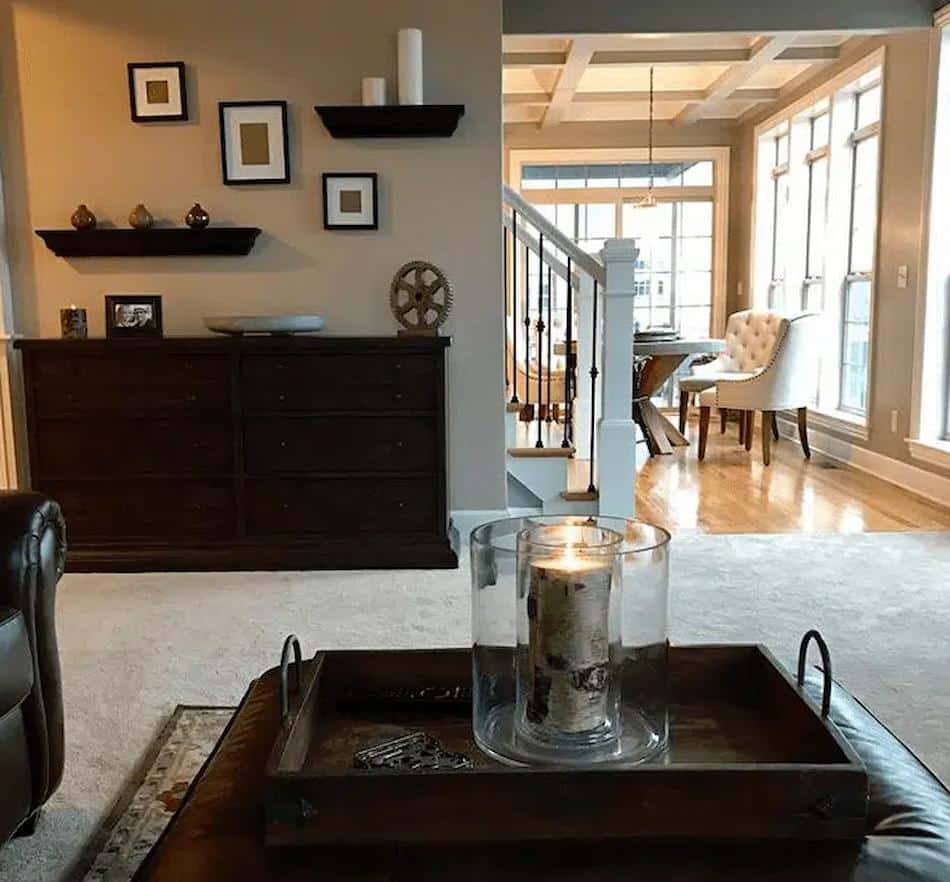Do you have a healthy home?

Here's some quick tips on how to improve the overall health of your home:
Test your home for radon
For the last century, homes have been built on top of giant pockets of igneous rock and soil, exposing us to radon, a naturally occurring radioactive gas. According to the National Cancer Institute, radon is associated with 22,000 lung cancer deaths per year. Radon is colorless, and odorless, making it impossible to detect without testing for it. Most people have no idea that they should get their homes tested for radon, but it could be seeping into your home, polluting the air you breathe and the water you drink.
Prevent and treat your home for mold
Mold is usually easy to identify within the home. Most commonly people find mold in the basements, bathrooms, and kitchens of their home where there are high levels of humidity. Mold can also have damaging effects to human health including a variety of issues related to the upper respiratory tract and allergy symptoms such as runny nose, red and itchy eyes, and rash. Studies have also found that children and infants who were exposed to mold early on, have a significant increase in risk to developing allergies to mold and other common allergens.
Clean the air with a high quality air purification system
Cleaning the air inside your home can greatly improve the comfort of your indoor environment. Getting rid of allergens such as pet dander, dust, mold, bacteria, viruses, etc. reduces your risk of health issues such as cardiovascular disease, stroke and cancer. Studies show that indoor air can be up to 100x more polluted than outdoor air. Leaving windows open and bringing outdoor air inside the home is only one challenge of keeping the air quality satisfactory in your home. Pets, cleaning products, cooking fumes, stoves, fireplaces, furniture, etc. all emit toxins into the air of the home. Improving the indoor air quality of your home will improve your overall comfort, health and wellness.
Filter the water in your home
Your water could be contaminated with dissolved minerals including: limestone, lead, iron, magnesium, and calcium. Untreated, or unconditioned (hard) water could result in many issues for the residents of the home, as well as the home and appliances. One of the most common issues associated with untreated water is reduced efficiency of home appliances, resulting in increased utility bills and premature aging of the appliances. Conditioning the water in your home can reduce the usage of shampoos and soaps for bathing, dishes, and laundry. People who have their water treated have said their clothes are brighter, whiter, and softer, their skin is less dry, and they have spent less time cleaning as a result of the decreased buildup on their bathroom and kitchen appliances.
Improve your energy efficiency
Saving money and energy in your home is beneficial for all. Homeowners can receive federal, state, and local tax breaks, and also see a reduction in costs associated with utilities, by improving their home's energy efficiency. It is also reduces our impact on climate change and reduces pollution. There are tons of simple ways to improve your energy efficiency. For example, turning down the thermostat from 75 degrees to 70 degrees can save you about 10% on heating costs! Other simple steps to improve energy efficiency include:
- replace incandescent lights with LED lights, which use about 75% less energy and last up to 10 times longer
- install water-saving shower heads
- turn off lights and un-plug appliances and electronics when not in use
- reduce washer machine use by combining loads of laundry, and air dry clothing
- purchase ENERGY STAR- rated appliances and electronics